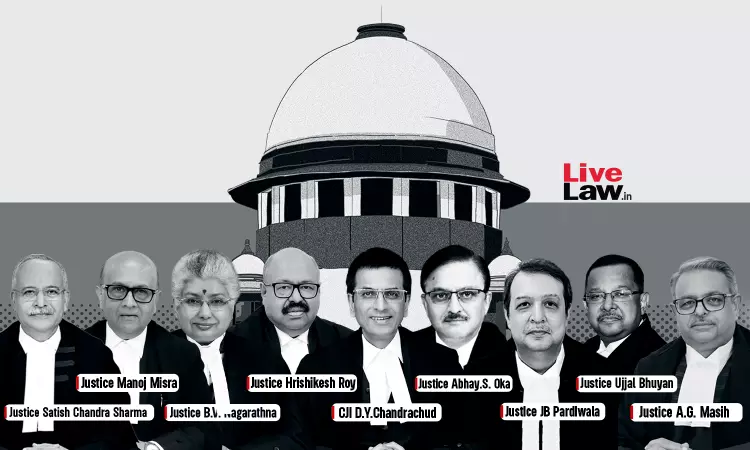Is Royalty On Mining Leases Tax? What Are States' Powers To Tax Mineral Rights? Supreme Court 9-Judge Bench Reserves Judgment
Anmol Kaur Bawa
14 March 2024 6:41 PM IST

Next Story
14 March 2024 6:41 PM IST
The Supreme Court 9 judge constitution bench on Thursday (March 14) reserved its judgment on the issue of whether royalties on mining leases be considered as tax and whether the States have the power to levy royalty/tax on mineral rights. The 8 days long hearing deliberated upon the multifaceted taxation matter of mineral-bearing lands. The key reference question involved in the present matter...
